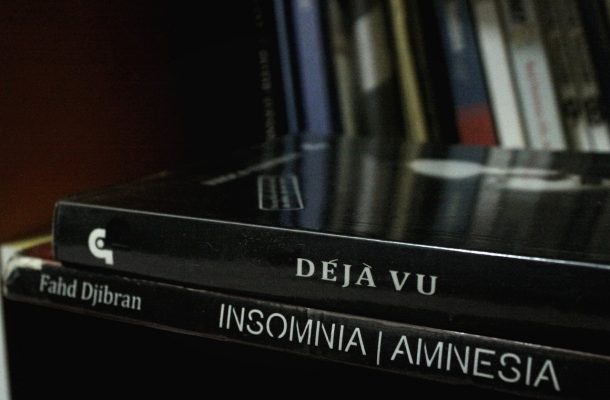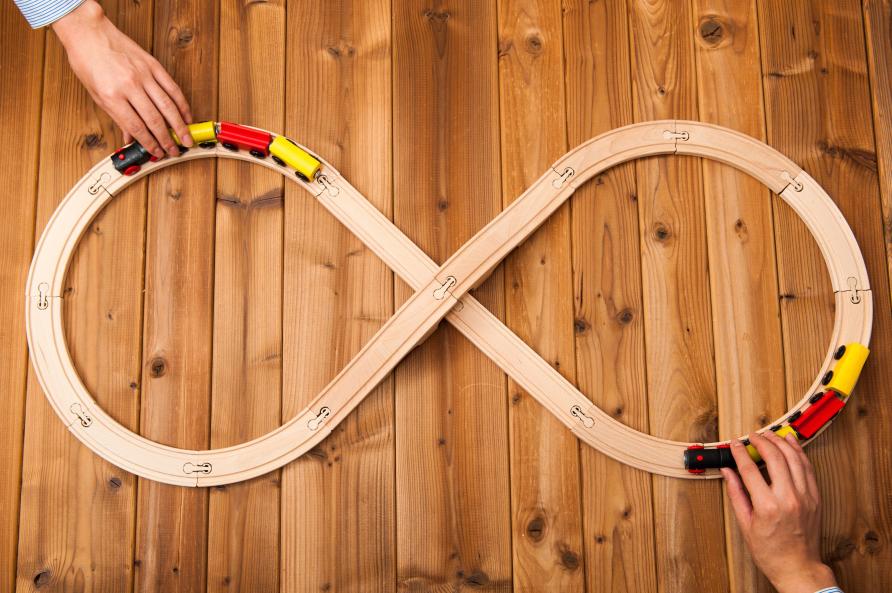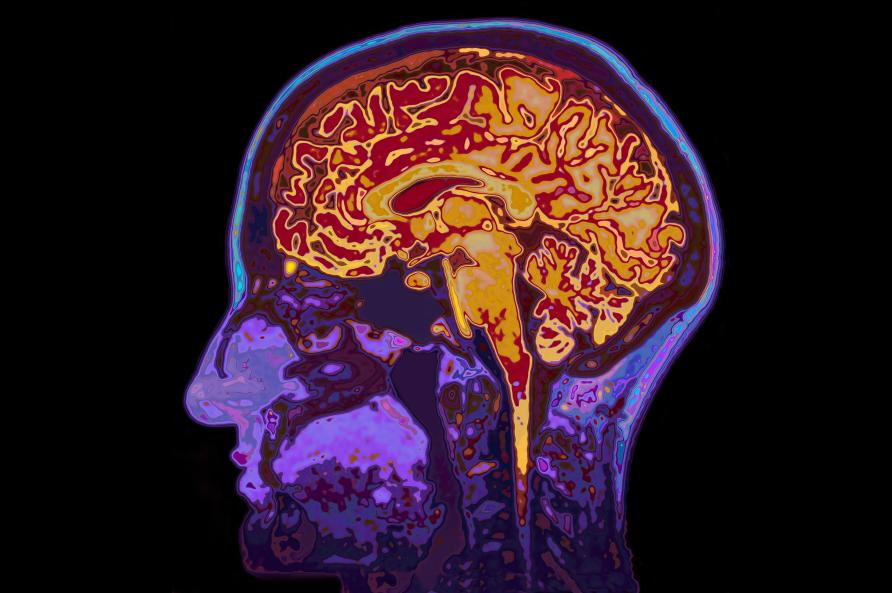What is déjà vu? What is déjà vu?

Do you ever get that peculiar feeling that what you’re doing or seeing has already happened, even when you’re pretty sure it hasn’t?
That abrupt and acute sense of familiarity – however improbable – is a phenomenon known as déjà vu, the French phrase for “already seen”.

Déjà vu feels so strange and uncanny that popular culture has associated it with everything from time travel to glitches in “The Matrix”.
But déjà vu is not a sign that you can see into your past life or travel to an alternate dimension, it’s part of how the brain works, says Professor Sam Berkovic, a clinical neurologist and director of the Epilepsy Research Centre at Austin Health.
“It’s a normal phenomenon. And when you ask people, about 60 to 70 per cent will say they get it,” he says. “I get it every now and again. You kind of shake your head and say, ‘Oh, it’s my brain playing tricks on me’, which is exactly what it is.”
The ephemeral nature of déjà vu makes it hard to study, so scientists aren’t exactly sure what causes it. Some researchers attribute it to discrepancies or errors in parts of the brain that control memory.
Professor Berkovic says researchers have learned a lot about how the brain works by studying patients who have epileptic seizures, which occur when there’s an abnormal electrical discharge in part of the brain.
People with epilepsy can sometimes experience a heightened and extreme feeling of déjà vu at the onset of a seizure. This is often an indication of a discharge in the hippocampus, a structure deep in the temporal lobe and the part of the brain beneath the temples that controls memory.
But the déjà vu experienced by a person with epilepsy is longer and more intense than so-called physiological déjà vu, or everyday déjà vu in people without epilepsy.
“It’s all-encompassing. They are absolutely convinced that they are experiencing something that’s happened before,” says Professor Berkovic.

Scientists have actually stimulated that part of the brain in patients with epilepsy to replicate those intense feelings of déjà vu.
“We don’t really know why it happens in healthy people because we’ve never stuck electrodes in the brains of healthy people,” he adds. “But it could be that similar discharges can evoke the same feelings.”
Professor Berkovic says déjà vu is considered so normal that when he and his PhD student Dr Piero Perucca studied relatives of people with a mild form of epilepsy, they found that they experienced an increased frequency of intense déjà vu that could be considered epileptic. These relatives never thought to complain to their doctors about it because they did not think it was abnormal.
Associate Professor Piers Howe, in the Melbourne School of Psychological Sciences, links déjà vu to the feeling of having a “sixth sense”.
“These are rather ill-defined terms, and they are not scientific, but a lot of people use them to mean that they sense something going on, although they can’t see it or describe it,” he says.
Professor Howe decided to look closely at this confounding feeling when a student approached him with a strange experience she described as a sixth sense. The student had recently met a friend that she hadn’t seen in a while, and thought immediately he had been in a car accident.
“He’d completely recovered, and there was no visible clue, but my student just knew he had been in an accident. And she was right,” Professor Howe says. “She thought she had a mystical property and wanted me to confirm it.”
Fleeting memories or sensations can be difficult to replicate in a laboratory. But Professor Howe and his student Margaret Webb thought they could mimic this student’s mystical experience by showing people similar photographs of the same person.
Each photograph would show the subject looking slightly different, whether it was a new pair of earrings or a different lipstick.

“Participants needed to indicate whether they thought a change had occurred and what it was,” Professor Howe says. “What we found is that people were actually very good at identifying changes they couldn’t localise or describe.
“They would say, ‘I know something’s changed, I just don’t know what it is’.”
It is likely, then, that the student who had claimed to have a sixth sense had unconsciously noticed subtle information about her friend that led her to believe, correctly, that he had been in a car accident.
Professor Howe has run a number of similar experiments, all of which indicated that when people look at something, they process far more information than they think they do. They may have been consciously aware of only two or three features of someone’s face, but their brain has noticed much more.
The same kind of process may be happening when someone experiences déjà vu. Something you see or hear may have triggered an eerie feeling of familiarity; you just can’t pinpoint where the memory comes from.
“Our visual memory is not based just on memorising two or three objects in a scene, it’s also picking up on the summative statistics of the rest of the scene,” Professor Howe says. “What people might claim as déjà vu or a sixth sense is what you’ve picked up from one of your senses. You just don’t know you have.
“That information comes to you as a sensation that something has happened or will happen.”
Professor Howe says his findings are closely related to studies on déjà vu that have attempted to spark false memories in people by showing them a list of related words, such as door, pane and glass. Later, when participants are shown a word that is related to the words that they have studied, for example, the word “window”, it feels familiar to them so they believe (incorrectly) that they have seen it before.

Just like in the experiments conducted by Professor Howe, this form of déjà vu is caused by the brain picking up more information than which the person is consciously aware. The sense of familiarity is cause by the brain subconsciously determining that the word “window” is semantically related to the words on the list.
Akira O’Connor, a psychology lecturer at the University of St Andrews in the UK, conducted such a study in 2016. He then used MRI scans to see what was happening in participants’ brains.
He found that the déjà vu experience activated the frontal regions of the brain responsible for memory conflict – or checking through our memories. He concluded that déjà vu might be the result of the brain trying to resolve an error between what you think you have seen before and what you are actually seeing.
So, the next time you feel like you’re in a real-life Groundhog Day, remember that your brain is behaving normally.
“The brain is very complex,” Professor Berkovic says. “And déjà vu is your brain behaving in its very complicated way.”
This article was published by Pursuit.
Kate Stanton was a journalist with The Citizen and the recipient of the 2015 Schiavon Cadetship. She is also a Melbourne-based writer and Master of Journalism graduate. She has published work with The Citizen, BBC News, The Monthly, The Age, Sunday Life, United Press International and PBS NewsHour.











